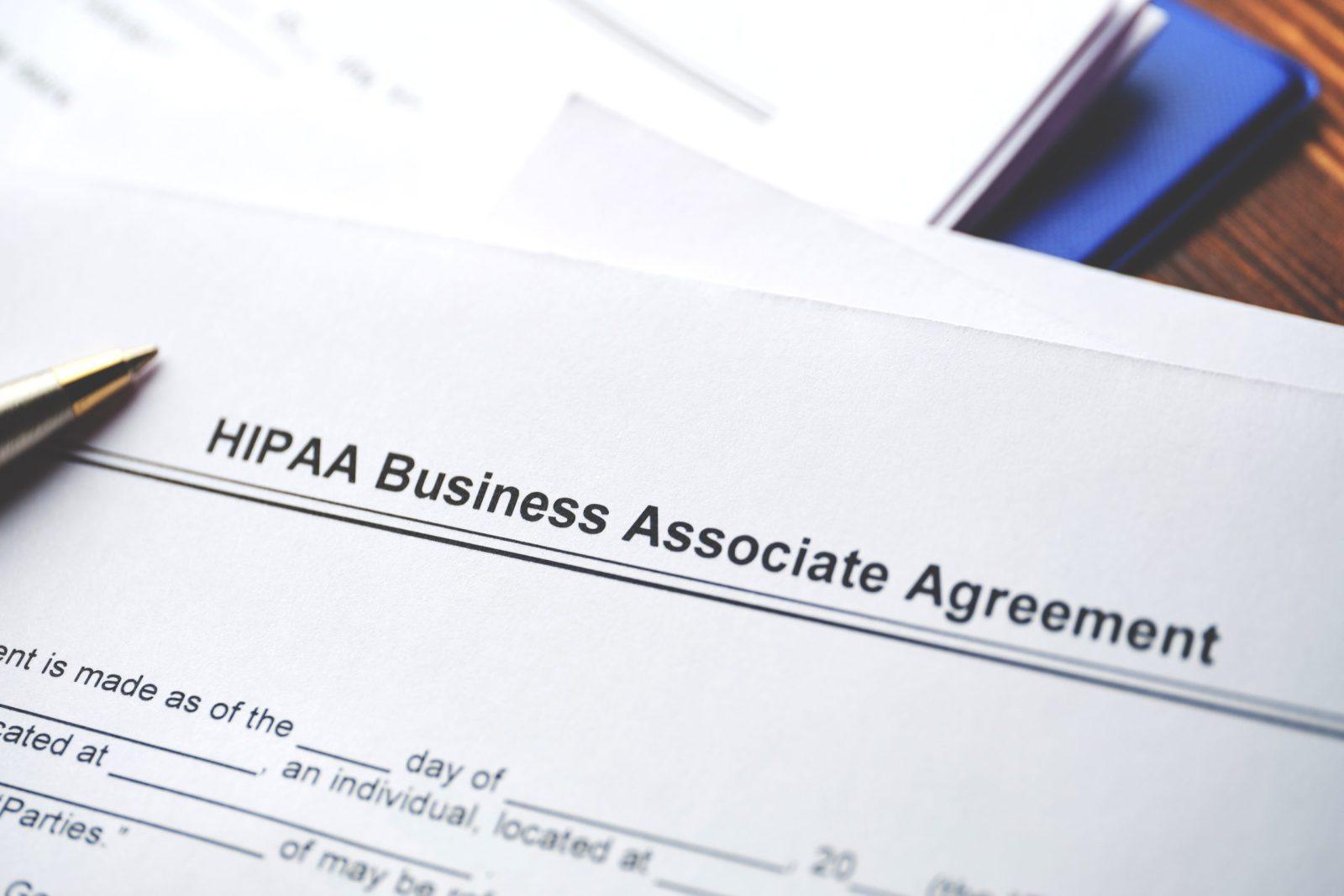In today’s healthcare environment, ensuring compliance with the Health Insurance Portability and Accountability Act (HIPAA) is more crucial than ever, especially for business associates. Business associates, including vendors, contractors, and third-party service providers, play a vital role in handling protected health information (PHI). This HIPAA Business Associates Refresher Training is designed to reinforce the responsibilities of business associates under HIPAA, highlighting the importance of safeguarding PHI, understanding the scope of their obligations, and staying up-to-date with any changes in regulations.
What You Will Learn:
- Background of business associates
- What is a business associate?
- Business associate contracts
Details:
Course length: 20 minutes
Languages: American English
Key features: Audio narration, learning activity, and post-assessment.
Get Certified
American Medical Compliance (AMC) is a leader in the industry for compliance, Billing, and HR solutions. To become certified, please visit us at: American Medical Compliance (AMC).
Reach out for other courses by visiting the AMC Course Library.
Who Falls Under the HIPAA Privacy Rule
By law, the HIPAA Privacy Rule specifically applies to covered entities, which include health plans, healthcare clearinghouses, and certain healthcare providers. Covered entities are directly responsible for ensuring the privacy and security of protected health information (PHI). While business associates are not covered entities, they must still follow HIPAA regulations because they perform services or functions on behalf of covered entities that involve using or disclosing PHI. Understanding the distinction between covered entities and business associates is crucial for maintaining compliance and protecting sensitive health information.
Defining a Business Associate Under HIPAA
A business associate is an individual or organization that carries out specific functions or activities involving the use or disclosure of protected health information (PHI) on behalf of, or provides services to, a covered entity. Importantly, HIPAA does not consider members of a covered entity’s workforce to be business associates.
Contractual Requirements for Business Associates
Under HIPAA rules, covered entities and business associates must generally establish contracts with their business associates to ensure proper safeguarding of protected health information (PHI). These contracts, often referred to as Business Associate Agreements (BAAs), outline the responsibilities and obligations of the business associates to protect PHI and comply with HIPAA standards. Covered entities and business associates enter into these agreements to work together, ensuring that PHI is handled securely and in accordance with federal regulations.
Enforcement Authority Over Business Associates
According to the HITECH Act and the Office for Civil Rights’ (OCR’s) 2013 final rule, OCR has the authority to enforce compliance with the HIPAA Rules specifically against business associates. This enforcement power applies only to the requirements and prohibitions explicitly outlined in the HIPAA regulations. Understanding the scope of this authority is crucial for business associates to ensure they are fully compliant with all relevant aspects of HIPAA.
Direct Liability of HIPAA Violations for Business Associates
Business associates are directly accountable for any violations of HIPAA regulations in specific circumstances. Moreover, this direct liability means that business associates must strictly adhere to HIPAA requirements.



